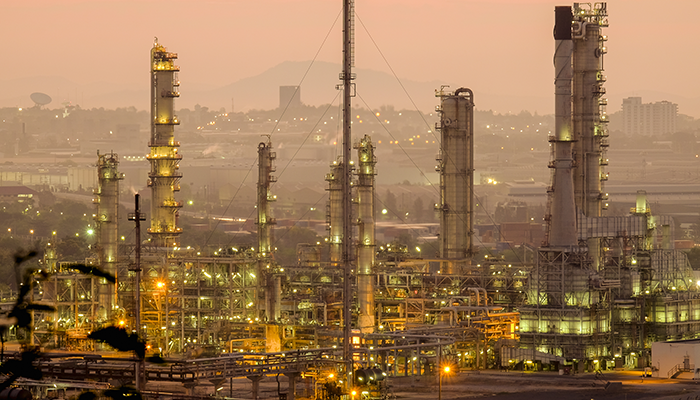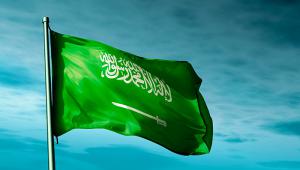web_saudi-oil-fields_shutterstock_614658479.png

Oil fields in Saudi Arabia
Finance minister Mohammed al-Jadaan told a press conference that the government is also considering cuts to some projects to save money, as the value of oil remains low amid falling demand.
Saudi Arabia, the world’s largest crude oil exporter, cut oil production in 2019 as part of an agreement with the Opec group of oil-producing countries, drastically reducing government revenues, and slowed production further in March this year.
And, with the total economic support package to deal with Covid-19 currently sitting at 177bn riyals ($47bn), Jadaan said the deficit could rise to up to 9% by the end of 2020.
The government had hoped to cut its deficit to zero by 2023, although this would have relied on high oil prices.
Despite this, Jadaan said Saudi Arabia, with its large reserves, faces the crisis “in a position of strength”.
Earlier this month, the government Issued $7bn worth of bonds, and Jadaan told the press conference that borrowing is expected to reach about $58bn this year.













